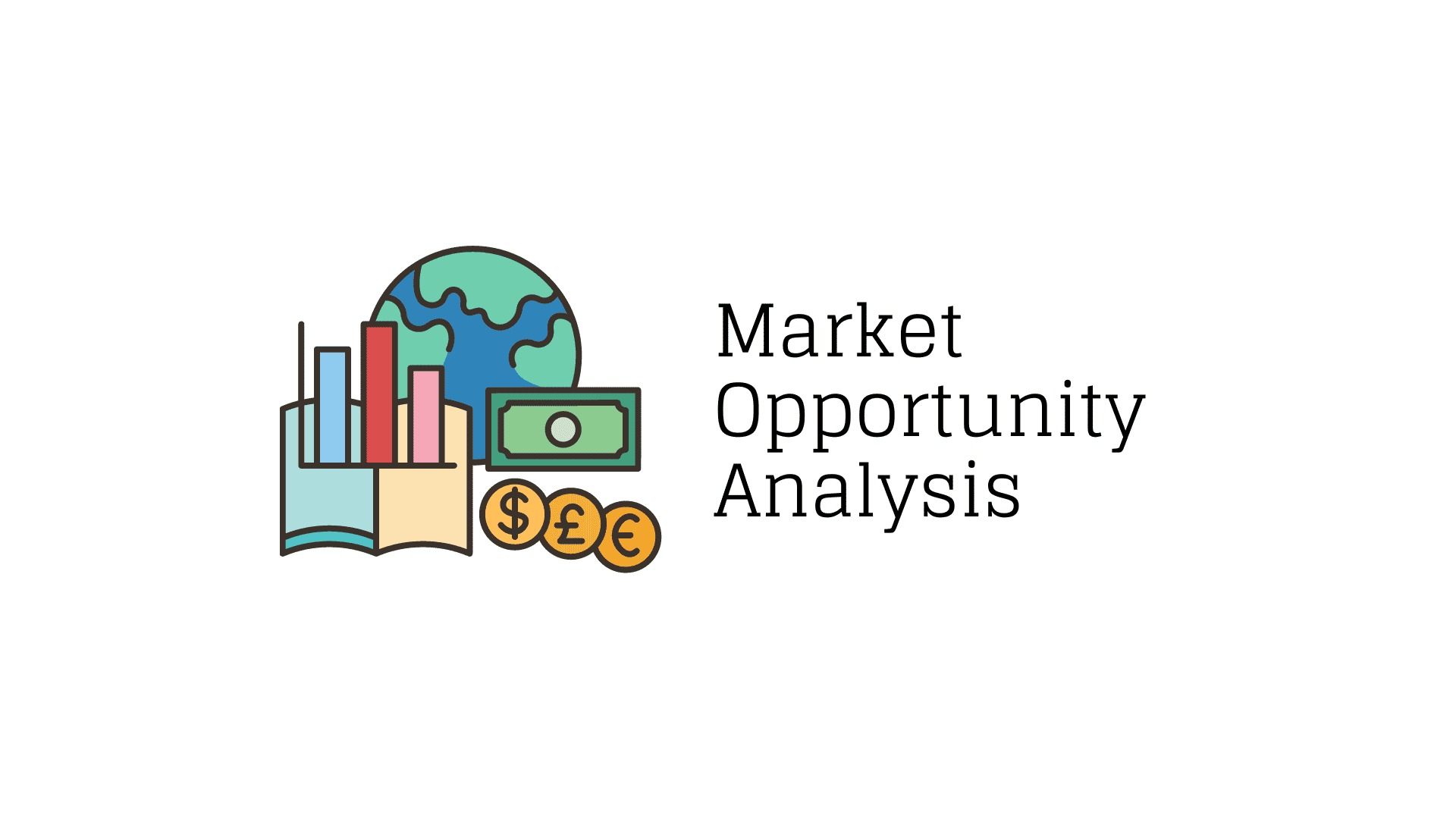One of the richest men on the planet, Warren Buffett has assets worth up to $113 billion as of June 2022. His multinational holding company Berkshire Hathaway, with its headquarters in Omaha, Nebraska, is his principal source of fortune. His emphasis on prudence and value investing has impacted many investors all around the globe.
If you believe that leadership and investment have nothing in common, you need to reconsider. The man that is labeled as the “greatest successful investor of the 20th century,” Warren Buffet, is well-versed in the skills necessary to excel as a corporate leader. He’s one of the wealthiest persons in the world and has promised to give 99.9% of his fortune to charity. In this blog, we will look at some of the popular leadership styles of Warren Buffett.
Warren Buffett’s Leadership Style
Laissez-Faire is commonly referred to as “delegative leadership,” and is the leadership approach popularised by Buffett. It is believed to result in reduced productivity but also rises in plenty of other resources for team members and employees.
Individuals who are competent and driven can succeed under this style of leadership, but less skilled employees frequently struggle and miss necessary deadlines. In this instance, Buffett chooses employees who are highly skilled and dedicated since he relies on their performance.

Following are Warren Buffett’s leadership styles:
- Leaders rarely assist their subordinates. They let employees try and figure out issues on their own so they may learn what works and what doesn’t. Workers may feel more accomplished as a result.
- Employees are given decision-making authority by leaders as well. Employees make their own decisions rather than asking the leader what has to be done. This method of teaching employees judgment involves experimenting with excellent and poor judgments.
- Although leaders don’t become involved in their employees’ tasks, they still give them the tools they need to succeed. The goal for employees is to use their resources as effectively as possible. The best possible and sustainable use of resources is advocated within the workforce.
- Employees are naturally expected to find solutions on their own. They do not receive assistance from the leader or approval if they make a wise choice.
Warren Buffett’s Leadership Principles
Effective Communication
Warren Buffett’s leadership style includes the ability to express himself succinctly and without excessive terminology. This is mainly because he has a thorough understanding of his industry and values education highly.
Transparency
Warren Buffet is open and honest With his ideas and beliefs. He has found great value in this principle, which has earned him admiring views from famous people.
Give it time
No matter how much talent or effort is put out, some things simply need time. He thinks outstanding people ought to be patient enough to wait for growth.
Avoid micromanagement
He has faith in his desire to find the proper talent, hire them, and provide them with the freedom to be innovative and handle things in their own way. He thinks that when his managers have his trust and are free to act independently of him, they will work more effectively.
Pick a profession you enjoy
According to Warren Buffett, having a competitive advantage comes from enjoying what you are doing.
Warren Buffett’s Motivation Style
In order for the skills and motivation to spread to others, Warren Buffett has offered sound counsel to both his followers and employees.
He provides his employees with what is known as the “principles of behaviors” rather than a checklist or handbook of rules.
Rather than basing his staff on regulations and judgment, he bases them on how much he can rely on them to perform well. Employees have the chance to succeed when leaders show them trust.
As Buffett has seen, trusting employees without the proper business culture to back it up can produce subpar outcomes. In order for employees to be prosperous, successful, and most importantly trustworthy, the correct culture should be established.
He makes each of his members of the team know that their efforts are valued when it comes to awarding strong teammates.
Employers should be motivated and rewarded, even if it’s just with praises, by their leaders. Employee morale increases as a result of motivation, which benefits the business as a whole. High morale among employees makes them happier, which makes them more effective.
What makes Warren Buffett a great leader?
Buffett generally has a positive outlook on life. He’s still displaying a significantly upbeat attitude despite his advanced age. Leaders who are upbeat assist their teams in overcoming obstacles and disagreements. Buffett has a reputation as a leader who prefers to focus on virtues rather than what appears to be a negative connotation by using knowledge and analytics.
He coaches his employees so they may readily grasp. Being able to trust a leader is one thing, but the best leaders are those who can assist in converting complex jargon into language that is easily understood. This is crucial, particularly in the financial industry where terminology is difficult for most individuals to understand. Anyone can understand finance with ease thanks to Buffett, who also makes his employees’ jobs easier.
Buffett doesn’t offer explanations for his faults; he just owns them. He is not the perfect tactician, and he will fully admit them. This makes it clear to employees that business executives like Warren Buffett are also people, just like them. Leaders and employees can connect with one another more effectively and strengthen their bond by admitting shortcomings.
Lastly, Buffett takes on various responsibilities at Berkshire Hathaway to continue learning and developing his skills. Buffett still seeks out opportunities to learn as much as he does to educate, even in his late 80s.
Buffett places a high value on learning so that he can help others and carry out his duties in any way he is able. He also implores his coworkers to pursue similar goals.
With a remarkable record of managing and directing his firm, Buffett has laid out a path for success that millions of entrepreneurs can follow. Both as a successful businessman and a good manager, Buffett has left a lasting impact.
Do you like his leadership style? You think you can be a good leader? Enhance your leadership skills with our NUS Future Leadership Programme









